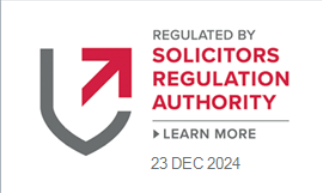Other Practice Areas
- E-Apostille
- Intellectual Property Rights
- Deed Poll
- Power of Attorney
- WILLS, PROBATE AND LASTING POWER OF ATTORNEY (LPA)
- LEASEHOLD AND LEASEHOLD MANAGEMENT
- Late registration of Charge in Companies House
- Seizures by HMRC and Border Force
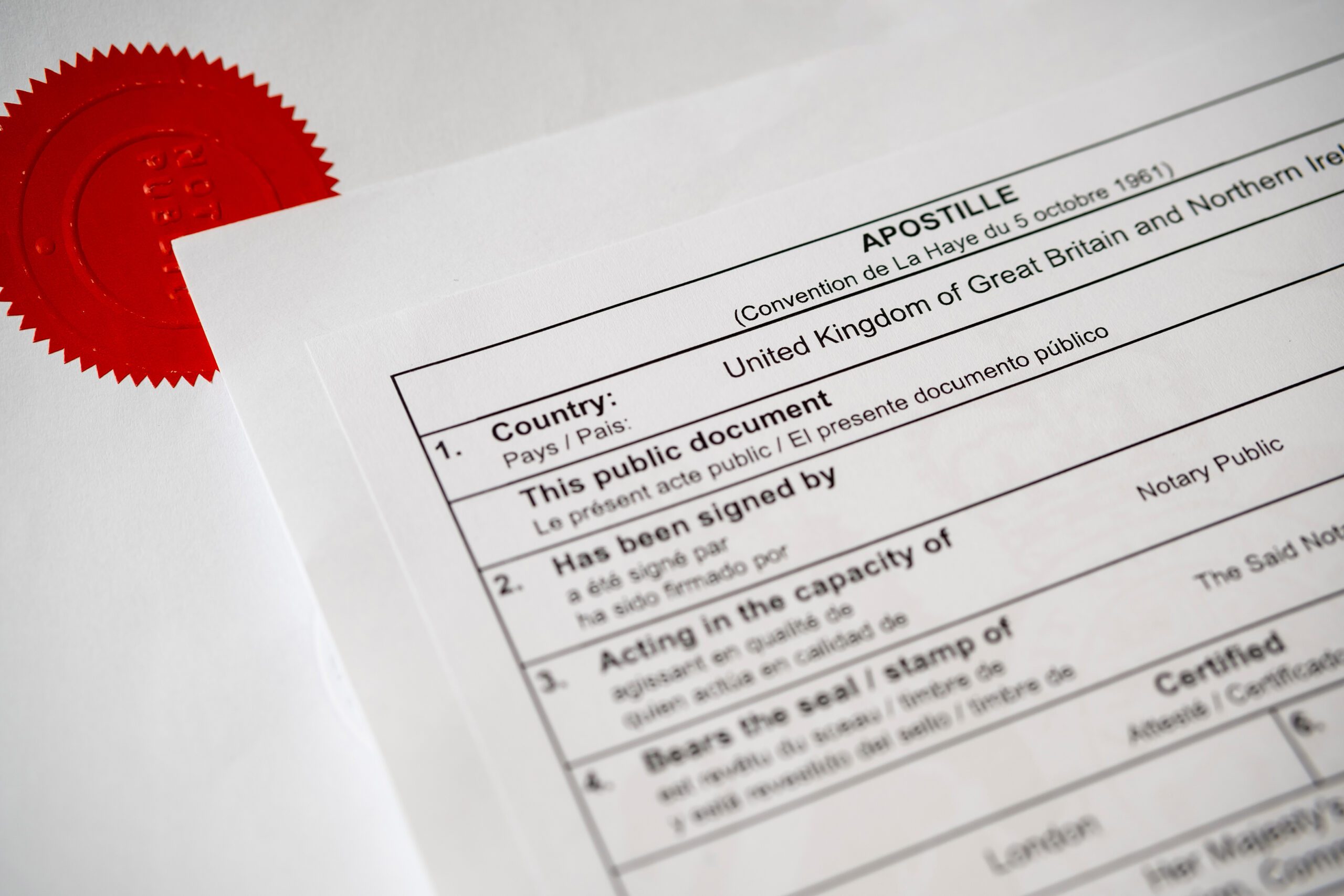
We can get you documents legalized digitally with the E-Apostille services offered by the Foreign Commonwealth & Development Office (FCDO). The electronic apostille (E-Apostille) can be obtained for UK documents to meet the requirements of an overseas authority.
Lawsmith Solicitors is registered with and my specimen signature is registered with FCDO. We also have Qualified Electronic Signature (QES) listed in the global recognized trust list for certification services.
Time-Frame:
E-Apostilles take up to 2 working days for your documents to be certified and legalized.
A legalized document is needed in many international transactions including overseas working visas and managing property.
Procedure:
Check your documents can be legalized:
You can get documents legalized if they have been issued by a:
Court and sealed with a wet ink court seal
Public registry, such as a birth, marriage or death certificate, or a company certificate issued by Companies House
Government department and signed by an official, such as letter of confirmation of tax registration
Registered doctor, such as a medical certificate signed by a doctor.
You can also get other documents legalized if they have been certified by a UK ‘public official’, such as a UK notary or solicitor. For example:
Documents such as a power of attorney, a contract or a qualification certificate
Copies of documents such as a passport or a driving license.
This is not an exhaustive list of all document you can get legalized.
You cannot get an E-Apostille for:
Birth, death, marriage, civil partnership and adoption certificates, or any other document from the General Register Office
ACRO police certificates for England and Wales
Disclosure Barring Service (DBS) certificates for England and Wales
Disclosure certificates for Scotland and Northern Ireland
Fingerprint certificates
Membership certificates for the Association of Chartered Certified Accountants (ACCA)
Lawsmith Solicitors will check whether the document can qualify to be e-apostilled, or whether the signature, stamp or seal is genuine. Then, our Solicitors will have it legalized by attaching a digital signature on the document which holds a digital certificate that is listed in the global recognized trust list for certification services.
For a successful outcome, the FCDO requires the document to contain an Advanced Electronic Signature or a Qualified Electronic Signature and it must be signed by a qualified solicitor or UK notary.
Costs:
£30.00 + VAT per apostille at FCDO Legalization fee.
Getting help:
Solicitors at Lawsmith Solicitors have extensive experience in handling Legalization and E-Apostille matters. To discuss about the costs involved and documents you need to be legalized through E-Apostille service with one of our Solicitors, please contact us on 01279 312185 or submit our enquiry form given below. Kind disclaimer that we are not a Notary Public.

What is intellectual property?
The right type of intellectual property protection helps you to stop people stealing or copying:
The names of your products or brands
Your inventions
The design or look of your products
Things you write, make or produce
Designs, Trademarks, Patents and Copyright are all types of intellectual property protection. Some types of protection happen automatically, while others you will have to apply for.
Procedure:
What can be considered as intellectual property?
Owning intellectual property:
You own an intellectual property if it is your original invention and it meets the requirements for copyright, a patent or a design).
You can also buy intellectual property rights from the creator or its previous owner.
Have a brand that could be a trade mark, such as a well-known product name.
Intellectual property can have more than one owner, can belong to people or businesses and can be sold or transferred. It allows you to make money from the intellectual property you own.
Intellectual property if you are self-employed:
You own the intellectual property even if your was commissioned by someone else – unless your contract with them gives them the rights.
However, you usually will not own the intellectual property for something you created as part of your work while you were employed by someone else.
Protect your intellectual property:
Protecting your intellectual property makes it easier to take legal action against anyone who plagiarizes it, copies it or steals it.
Here is a list of different types of protection depending on what you have created/invented:
Registering a trademark covers the product’s names, logos, and jingles. It will take up to 4 months for application.
Registering a design covers the appearance of the product, its shape, its packaging, patterns, decorations, and design. This will take up to 3 weeks for application.
Copyrighting your work includes covering your writing and literary works, art, photography, films, TV, music, web content. There is no application needed for this protection.
Patenting an invention: this includes inventions and products. An example of this is inventions and products, for examples machines, medicines. Time to allow for application will be around 5 years.
You get limited automatic protection over some intellectual property, for example design right. However, it’s easier to prove you own intellectual property legally if it is registered.
It is advisable to keep your intellectual property a secret until it is registered. If you need to discuss your idea with someone, make sure to use a non-disclosure agreement.
The best way to keep something confidential is not to disclose it in the first place. A non-disclosure agreement sets out how you share information or share in confidence. An NDA is sometimes called a confidentiality agreement.
Using more than one type of protection:
More than one type of protection can be linked to a single product for example:
you could register the name and logo as a trademark.
You can protect a product’s unique shape as a registered design.
You can patent a completely new working part.
Use copyright to protect drawings of the product.
You can register your company’s name and logo as a trademark which is valid for 10 years and renew your trademark forever. However, to keep your trademark in force, you must renew it on the 10th anniversary of the filing date and every 10 years after that. If a company failed to renew the TM in the 6 months after the renewal date, you have a further 6 months to apply to restore your registration.
Documents required
a. Figurative elements such as a logo & shape (electronically)
b. If you wish to formally record the colours using an internationally recognized Colour identification system such as Pantone®, Focoltone®, Munsell Color® or Toyo® please provide the Colour codes for the colours that you have chosen for the logo;
c. Provide an illustration of your trademark, which may be a word, logo, picture or a combination of these
d. Company’s logo (clear image) and the descriptive element of the trademark (Electronically with clearer resolution)
e. Company’s nature of business for us to assess the class under the classification code
Costs
The following is an estimate of the total costs involved in the above application:
Fee description:
The cost of a UK trademark application starts at £170 with an additional £50 + VAT payable per additional class.
The application process:
The application process has three distinct phases:
Phase 1: Data capture – we capture the application details and publish them on our website.
Phase 2: Examination – we decide if your application is acceptable and search for identical/similar trademarks.
Phase 3: Publication – once accepted, all applications are published and are then open to opposition.
File a CTM application in up to 3 classes : £1500.00 + VAT
Trademark Application fee payable to OHIM : €900.00 + VAT
National search fee : €120.00 + VAT
For each Additional class (if applicable) : €150.00 + VAT
The application process:
The application process has three distinct phases:
Phase 1: Data capture – OHIM will capture the application details and publish them on our website.
Phase 2: Examination – OHIM will decide if your application is acceptable and search for identical/similar trademarks.
Phase 3: Publication – once accepted, all applications are published and are then open to opposition.
TM Registration outside the UK:
For countries other than the United Kingdom, we can apply directly to the Trademark Office in each country. We can use a single application system to apply for an International trademark (for certain countries throughout the world), or a Community trademark. (for protection in Europe). Both these single application systems cover many countries including the United Kingdom.
International route:
You can apply to register your trade mark through the International route in countries which are party to the Madrid Protocol through the World Intellectual Property Organization (WIPO). Currently more than 70 countries are members, including the United States of America, Australia and members of the European Union (EU).
European route:
You can apply for a European Community trade mark through the European route via the Office for Harmonization in the Internal Market (trademarks and designs)(OHIM). The Community trademark gives protection in all European Union (EU) countries.
A single Europe CTM trademark application covers the 27 CTM EU countries as follows:
Austria, Belgium, Bulgaria, Cyprus, Czech Republic, Denmark, Estonia, Finland, France, Germany, Greece, Hungary, Ireland, Italy, Latvia, Lithuania, Luxembourg, Malta, Poland, Portugal, Romania, Slovakia, Slovenia, Spain, Sweden, The Netherlands and the UK.
Time frame:
If the examiner doesn’t raise objections and it isn’t opposed by any other holders, it will normally take around 4 to 6 months for your trademark to become registered. If objections are raised, or if your mark is opposed, it can take longer. I can take detailed instructions from you on this matter and take it further and once you instruct me, I will continue to advise you before and during your application submission. I will do all the follow up and keep you posted until the completion of registration.
Getting help:
Solicitors at Lawsmith Solicitors have extensive experience in handling Intellectual Property Rights matters. To discuss about your IP matters with one of our Solicitors, please contact us on 01279 312185 or submit our enquiry form given below.
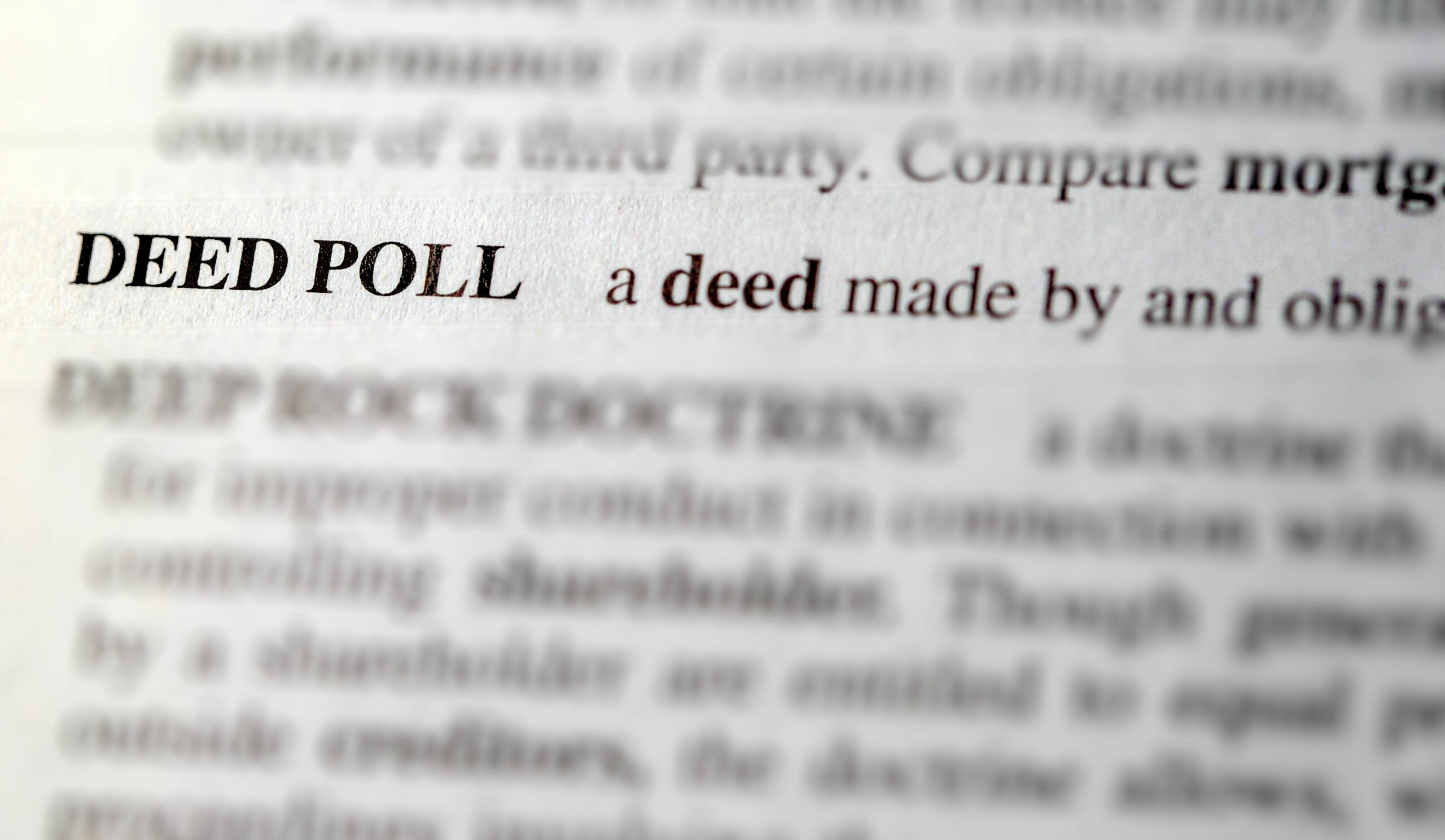
A Deed poll is a legal document which binds an individual to an action. Commonly, it Is used to change a name, formally known as a ‘Deed of Change of Name’. You can change any part of your name, add, or remove names and hyphens, or change spelling.
With a Deed Poll you are committing to:
Renounce and abandon your former name
Use new name(s) at all times
Require everybody to address them only by their new name(s).
There are 2 ways to get a deed poll. You can either:
Make an ‘unenrolled’ deed poll.
Apply for an ‘enrolled’ deed poll.
Ask the organisation you are dealing with (for example a bank) which type of deed poll they will accept as proof of your new name.
Making an ‘unenrolled’ deed poll:
In order to make this it is a requirement to be 16 or over.
Solicitors at Lawsmith Solicitors can make this deed poll for you.
Apply for an ‘enrolled’ deed poll:
‘Enrolling’ a deed poll means that you are ensuring that your new name will be made on public record.
You must apply to the Royal Courts of Justice to get an ‘enrolled’ deed poll using the deed poll process.
Please note: you can only enrol your own name change if you are 18 or over. The process is different to change the name of a child under the age of 18.
Changing a child’s name:
You can use the services provided by the solicitors of Lawsmith as we have successfully dealt with matters to change a child’s name by making an unenrolled deed poll.
Or you can apply for an enrolled deed poll from the Royal Courts of Justice.
If you choose an enrolled deed poll, this means that your child’s new name will usually appear on public record in The Gazette.
Some organisations will only accept an enrolled deed poll as proof of a name change. Ask the organisation you are dealing with which type of deed poll they will need.
When applying for a deed poll you will need the agreement of everyone with parental responsibility and a court order. However, before seeking a court order you must try to reach an agreement.
Marriage and civil partnership
You do not need a deed poll to take your spouse’s or civil partner’s surname. Send a copy of your marriage or civil partnership certificate to record-holders, such as benefits offices. Your documents will be updated for free.
If you divorce or end your civil partnership:
You may be able to go back to your original name by showing record-holders either your:
Decree absolute and marriage certificate
Civil partnership certificate and final order
Some organisations will not change your name back without a deed poll.
If you are a registered offender:
You must tell the police you have changed your name within 3 days if you are registered as a:
Sex offender
Violent offender
Terrorist offender
To do so, you must go to your local prescribed police station to do this. You will be told where this is on release.
It is a criminal offence if you do not tell the police that you have changed your name
Procedure:
Two witnesses are needed to sign your deed poll and they both must be 18 or over.
Some organisations will not accept a deed poll if a witness lives at the same address or is a close relative.
Solicitors at Lawsmith Solicitors will be able to make the deed poll for you with the specific wording and relevant information.
You can put your new name on public record by ‘enrolling’ it at the Royal Courts of Justice if you are 18 or over. Payment should be made to HMCTS.
Costs:
An enrolled deed poll will cost £42.44 + VAT to apply and you will need to send forms and documents to the King’s Bench Division. It costs £215.00 to apply for a court order.
Getting help:
Solicitors at Lawsmith Solicitors have extensive experience in handling matters relating to Deed Poll matters. To discuss about this with one of our Solicitors, please contact us on 01279 312185 or submit our enquiry form given below.

A Power of Attorney is a legal document that gives one person the power to act for another person. It can be used to prepare for the future if your ability to manage your own affairs is decreasing. A solicitor can help to make your wishes to the future known.
Please be advised that in UK law, a Commissioner for Oaths is a person appointed by the Lord Chancellor with power to administer oaths or take affidavits. All practicing solicitors have these powers but must not use them in proceedings in which they are acting for any parties or in which they have an interest.
A solicitor can help by encouraging you to get your affairs in order and make your wishes for the future known. This may involve anything from writing a will to choosing someone to take power of attorney (legal authority to act for you) over your financial affairs, if this is necessary.
This can lighten the burden on relatives or careers who might otherwise find it difficult to make complicated decisions on your behalf.
Where there is not enough time to take these precautionary steps, or if a person is already incapacitated, it is usually the person’s relatives who need advice.
In these circumstances there are several options available. One of these options is to contact the Court of Protection, which can decide for managing the person’s financial affairs.
Different types of power of attorney:
Ordinary power of attorney: This covers decisions about your financial affairs and is valid while you have mental capacity. It is suitable if you need cover for a temporary period or if you find it hard to get out, or you want someone to act for you.
Lasting power of attorney (LPA): An LPA covers decisions about your financial affairs, or your health and care. It comes into effect if you lose mental capacity, or if you no longer want to make decisions for yourself. You will set up an LPA if you want to make sure you are covered in the future.
Enduring power of attorney (EPA): EPAs were replaced by LPAs in October 2007. However, if made and signed an EPA before 1 October 2007, it should still be valid. An EPA covers decisions about your property and financial affairs, and it comes into effect if you lose mental capacity, or if you want someone to act on your behalf.
Solicitors will need to know:
Solicitors at Lawsmith will need to know:
Whether or not you have made a will;
Who you would choose to handle your affairs, if this is necessary;
What assets or income you have;
Any special wishes about how you want your property or assets to be handled; and
Whether you have a particular medical condition (if so, they will need permission to speak to your doctor)
If you are getting advice on behalf of an older person, the solicitor will first need to confirm with the older person that they want to instruct the solicitor and get the appropriate information.
Once the solicitor has had a chance to consider the information, they can explain your options to you.
Other Financial Matters:
A solicitor can advise on a wide range of other legal matters affecting elderly people. For example:
Equity-release schemes, where you can unlock some of the capital tied up in your home;
Funding arrangements for long-term care;
Estate planning by making a will or lifetime gifts; or
Where you suspect that an elderly person may be the victim of financial abuse
Procedure:
Choose your attorney:
Attorney needs to be 18 or over. They could be:
A relative
A friend
A professional, for example a solicitor
Your husband, wife or partner
You must appoint someone who has the mental capacity to make their own decisions and how well they look after their own affairs, how well you know them, if you trust them to make decisions in your best interests and how happy they will be to make decisions for you.
When you make your LPA you can choose to nominate other people to replace your attorney or attorneys if at some point they cannot act on your behalf anymore.
Make a lasting power of attorney:
Either online or using paper forms and it must include the attorneys’ and witnesses’ signatures.
It takes up to 20 weeks to make an LPA. Usually quicker if you make it and pay online.
Register a lasting power of attorney:
When made, you need to register it with the Office of the Public Guardian (OPG).
Before registering, send a form to notify people (LP3) to all the ‘people to notify’ (also called people to be told’) you listed in the LPA.
They will have 3 weeks to raise any concerns with OPG.
You should apply to register as soon as the forms have been sent to notify people, and in order to register you will need to sign your completed LPA form and send it to OPG.
It costs £82 + VAT to register each LPA unless you receive an exemption or reduction. Therefore, it costs £164 to register both a property and financial affairs LPA and a health and welfare LPA.
You can pay by credit or debit card, or cheque payable to ‘Office of the Public Guardian’ and write your name on the back. Send it to OPG with your forms.
If you make a mistake, OPG may let you correct it and apply again within 3 months for £41.
Get a reduction or exemption:
To qualify for a reduction, you need to earn less than £12,000 + VAT . You may also qualify if you are on certain benefits such as Income Support.
Certifying a copy of a lasting power of attorney:
You can confirm that a copy of your lasting power of attorney is genuine by ‘certifying’ it if you’re still able to make your own decisions.
You or your attorney or solicitor or a person authorized to carry out notarial activities can use a certified copy to register your LPA if you do not have the original form.
They can also use the certified copy to prove they have permission to make decisions on your behalf, such as your bank account.
Changes you need to report:
If you still have the mental capacity, you or one of you attorney must tell the Office of the Public Guardian (OPG) if you or an attorney change name or address, or an attorney dies.
If there is a change of name, OPG must be notified and a copy of the marriage certificate or deed poll that shows the new name must be sent. Ensure that you do not send any original documents.
You must tell OPG if you or your attorney changes address, however supporting documents are not needed.
If one of your attorney dies, OPG must be notified and the original LPA and all certified copies must be sent. While, if an attorney dies outside of the United Kingdom, you must also send a copy of the death certificate.
What happens to the existing LPA:
OPG will cancel the LPA if the donor dies, or if an attorney dies and either the attorneys had to make all decisions jointly or there was only one attorney.
The cancelled LPA will be destroyed. However if you want it back then there must be a note included asking for its return along with a return address.
If an attorney dies and the attorneys were able to make any decisions jointly and severally, the OPG will update the LPA instead of destroying it. But there must be a return address when you send the LPA.
Removing an attorney
To remove an attorney if your lasting power of attorney is registered and you still have mental capacity to make decisions you will need to send OPG a written statement called a ‘partial deed of revocation’.
End your lasting power of attorney:
You can end it yourself if you have the mental capacity to make that decision. In order to do so you will need to send the Office of the Public Guardian (OPG) both the original LPA and a written statement called a ‘deed of revocation’.
A power of attorney can also end if your attorney:
Loses mental capacity to make decisions
Divorces you or ends civil partnership if they are your spouse or partner
Becomes bankrupt or they are subject to a Debt Relief Order (DRO) – if they are a property and financial affairs attorney
Is removed by the Court of Protection
Dies
If your only attorney dies:
Your LPA will end if you do not have a replacement attorney(s). You must inform the Office of the Public Guardian and send them:
The original LPA
All certified copies of the LPA
A return address where your documents can be sent back to
Your LPA can continue if:
There are other attorneys who can act ‘jointly and severally’ but not if they are only allowed to act ‘jointly’.
There are replacement attorneys.
If you die:
Your LPA will automatically end. Your affairs will be looked after by your executors or personal representatives from that point, not your attorney.
Costs:
It will cost £82 + VAT to register an LPA unless you get reduction or exemption. You can cancel your LPA if you no longer need it or want to make a new one.
Getting help:
Solicitors at Lawsmith Solicitors have extensive experience in handling matters relating to a Power of Attorney. To discuss about this with one of our Solicitors, please contact us on 01279 312185 or submit our enquiry form given below.
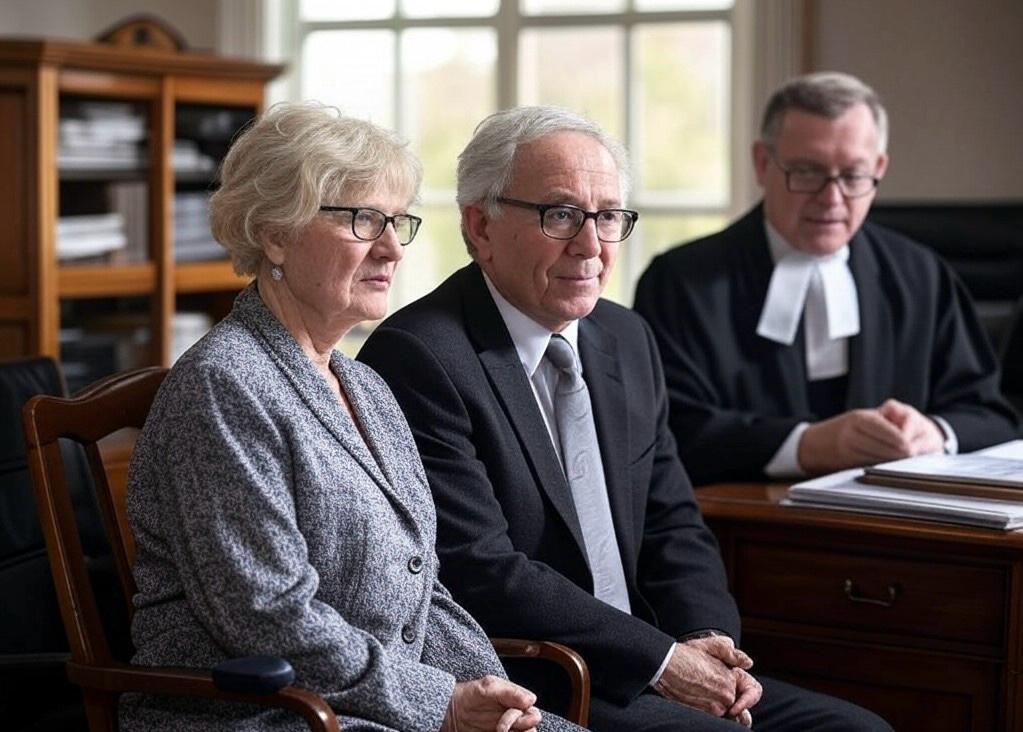
WILLS
Creating a will lets you decide what happens to your possession, property and your money after your death. If you make a will, you can also make sure you do not pay more Inheritance Tax than you need to.
Your will should set out, who will benefit from your will, who should look after any children under 18, who is going to sort out your estate and carry out your wishes after your death (your executor) and what happens if the people you want to benefit die before you.
You can receive legal advice from Lawsmith Solicitors should you any complexity or issues are raised. For example:
You share a property with someone who is not your husband, wife or civil partner;
You want to leave money or property to a dependent who cannot care for themselves;
You have several family members who may make a claim on your will, for example a second spouse or children from another marriage;
Your permanent home is based outside the United Kingdom;
You have property overseas; and
You have a business.
You want to protect your property from future care home fees.
To make a will with us you have to be legally valid and meet this criterion:
Be 18 or over
Make it voluntarily
Be of sound mind
Make it in writing
Sign it in presence of two witnesses who are both over 18 years of age
Have it signed by your two witnesses, in your presence
Both you and your witnesses must sign the same document and must have a clear view of you and the act of signing. Neither of your witnesses need to sign it at the same time as one another, and you cannot leave your witnesses (or their married partners) anything in your will.
Should you wish to make any changes to your will, you must follow the same signing and witnessing process.
Updating / Making Changes to your Will
It is recommended that you should review your will every 5 years and after any major changes in your life, such as experiencing separation or divorce, getting married, having a child, moving into a house or if the executor named in the will dies.
Please note that you cannot amend your will after it has been signed and witnessed. The only way to change a will is by making an official alteration called a codicil.
Should you wish to do so, please contact Lawsmith Solicitors and we can help with producing a codicil.
Making a new will
Any major changes should mean a new will be created. Your new must explain that it officially cancels all previous wills and codicils, and you must destroy your old will by destroying it by burning it or tearing it up.
PROBATE
Probate is a legal right to deal with someone’s estate (property, money and possessions) when they die. It is advisable not to make any financial plans or put property on the market until you have got a probate.
How to get a probate:
Probate is needed:
Contact the financial organizations the person who died used (may it be their bank and mortgage company) to find out if a probate is required to gain access to their estate.
You may not need a probate if the person who died only had savings, owned shares or money with others (as this will be automatically passed to the surviving owners unless there is an agreement otherwise) or owned land or property as ‘joint tenants’ with others because this will automatically pass to the surviving owners.
You are eligible to apply:
This depends on whether there is a will.
If there is a will, you can apply for a probate if you are named as an executor in either the will or an update to it (the codicil). You will only inherit the deceased individual’s assets if you are also named as a beneficiary in the will.
If there is no will, the closes living relative can apply for probate. This is normally the husband, wife or civil partner, followed by any children 18 or over (including legally adopted children but not stepchildren). If you are the most entitled person, you can either appoint someone else to do it or permanently give up your right to administer the estate.
We can assist you in filling in form PA12 to allow up to help you appoint someone to administer the estate on your behalf, or appoint someone using a registered lasting power of attorney (LPA) or signed enduring power of attorney (EPA). Or you can give up your right to administer the estate to fill in form PA16.
Whether there is Inheritance Tax to pay
To do this, you need date of death valuations of the deceased individual’s estate. Even if there is no tax to pay, you will need the value as part of your probate application.
Fees for Probate:
If the value of the deceased individual’s estate is over £5,000.00 + VAT , the application fee is £300.00 + VAT .
If the estate is less than £5,000.00 + VAT , there is no fee.
A LASTING POWER OF ATTORNEY (LPA)
This is a legal document that lets you (the ‘donor’) appoint one or more people (who are known as ‘attorneys’) to help you make decisions or to make decisions on your behalf. When making a LPA, you must be aged 18 or over and have mental capacity (the ability to make your own decisions).
There are two types of LPA:
1. Health and Welfare
This LPA gives an attorney the power to make decisions about;
Your daily routine
Medical care
Moving into a care home
Life-sustaining treatment
2. Property and Financial Affairs
This LPA gives an attorney the power to make decisions about money and property, for example;
Managing a bank or building society account
Paying bills
Collecting benefits or a pension
Selling your home
How to make a lasting power of attorney in three steps:
Choose your attorney (you can choose on or more) and this can be a relative, a friend, a professional (for example a solicitor) and your spouse / partner. You must appoint someone who has the mental capacity to make their own decision. They do not have to live in the United Kingdom or be a British Citizen.When you choose an attorney, you have to think about how well they organise, whether you can trust them, and how happy they will be to make decisions for you. You cannot however choose someone who is subject to a Debt Relief order or someone who is bankrupt, if you are making a LPA for property and financial affairs.If you choose more than one attorney, it is important that you decide whether they made decisions jointly or severally.
Fill in the forms to appoint the individual(s) as an attorney online or physically. The forms will need to be signed by the attorneys, witnesses and a certificate provider. Witnesses and certificate providers must be 18 or over, and attorneys can witness each other sign but they cannot witness you sign or sign as the certificate provider. You cannot be a witness if you are the person appointing an attorney.
Register a lasting power of attorney, which you will need to do so with the Office of the Public Guardian (OPG). Usually, to register a LPA with no mistakes will take up to 22 weeks. However, before you register, you will need to send a form to notify people (LP£) to all the ‘people to notify’ you listed in the LPA and they will have 3 weeks to raise any concerns.
It costs £82.00 + VAT to register each LPA. Therefore it will cost £164.00 + VAT to register both a property and financial affairs LPA and a health and welfare LPA.
We have extensive experience in handling all Wills and Probate matters. To discuss with one of our Solicitors, please contact us on 0208 129 5999 or submit our enquiry form given below.
Our Professional Costs:

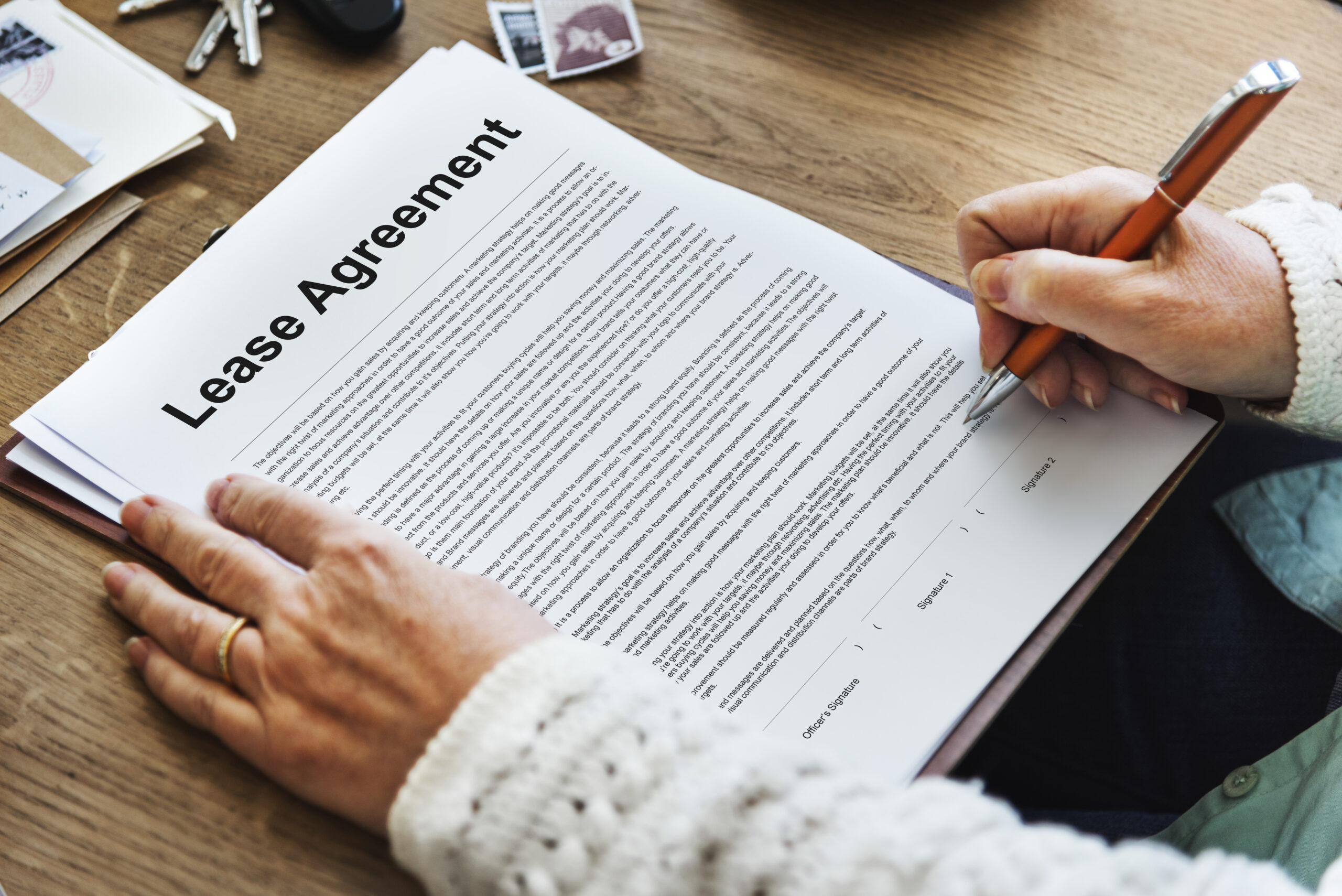
Forfeiture of Lease
Forfeiture of a lease refers to the termination of a lease agreement, typically due to a breach of its terms by the tenant. This legal process allows the landlord to reclaim possession of the leased property, often when the tenant fails to fulfill obligations such as paying rent, damaging the property, or violating other terms outlined in the lease.
Landlord
The most important part of forfeiture is to have the right to forfeit in the lease, which most leases usually do. As a landlord, you may not be able to exercise the right to forfeit if the clause is not expressly mentioned in the lease agreement.
Rental arrears happen to be the most common reason for the forfeiture of a lease. If the tenant has not paid rent for the stipulated amount of time mentioned in the lease, then you may do a peaceable re-entry, for which you shall engage a bailiff to issue a take notice, display it in a visible portion of the premises, and change the locks.
If the premises have goods inside the property, then a Notice of Intention to Sell and Remove Goods under the Torts (Interference with Goods) Act 1997 shall be issued, giving the tenant sufficient time to remove the goods.
For any other breaches, other than rental arrears, you must issue a notice under Section 146 of the Law of Property Act 1925, explaining the nature of the breach, referring to the relevant clause in the lease, and providing a timeframe to remedy the breach. In the event of failure to rectify the breach, you may follow the earlier mentioned method of peaceable re-entry.
Tenant
As a tenant, if your landlord has re-entered the property by way of peaceable re-entry, check if the lease allows the landlord to exercise his right to forfeit.
If you find that the landlord’s forfeiture is wrong or you have remedied the breach, then within six months from the date of peaceable re-entry, you must file a Relief of Forfeiture (RFF) claim before the relevant county court to overturn the landlord’s forfeiture of your lease.
To be successful, a tenant/leaseholder’s application must meet the following criteria:
Act within the reasonable time limit: Relief application should be made within six months of the forfeiture following the landlord’s peaceful entry. If this time exceeds, it will be challenging to prove valid reasons for the delay.
Breaches raised must be remedied: Try and rectify the breach within the stipulated time.
Payment of rent arrears in full: You must pay the rent/any charges as per the lease agreement.
Paying the landlord’s costs: If agreed in the lease, you must pay the landlord’s costs associated with the forfeiture proceedings.
The court has discretion to grant or withhold relief and will consider the general conduct of both parties.
Getting Help
Solicitors at Lawsmith Solicitors have extensive experience in handling forfeiture of lease matters. To discuss your forfeiture matters with one of our solicitors, please contact us on 02081295999 or email us at info@lawsmithsolicitors.co.uk, or submit our enquiry form.

Claim for extension of time for registering a charge
A ‘charge’ is the security a company gives for a loan. A charge must be registered within 21 days after it is created, otherwise it may be difficult to recover the debt if the company becomes insolvent. The 21 days start the day after the charge is created.
If a charge is not registered within in the above-mentioned date, then you will need a court order to register the charge as only court can allow an extension of time.
Pursuant to Section 859F (3) of Companies Act 2006, a Part 8 claim must be submitted before the County Court at Central London (not before the High Court) seeking permission to extend time to register the charge under 859A of the Companies Act 2006 explaining whether the failure to register the charge within the period allowed for delivery was accidental or due to inadvertence or to some other sufficient cause, or is not of a nature to prejudice the position of creditors or shareholders of the company, or that on other grounds it is just and equitable to grant relief.
List of Documents required:
- Part 8 claim form
- Evidence of your reasons confirming why the charge was not registered within 21 days
- Statement of solvency in the form of witness statement given by the director or officer of the company ( to be signed as ‘wet ink’ signature)
- Original charge
- Certified copy of the charge
- Draft order (in word format)
Once the claim form is accepted, the court will list the matter for hearing before a District Judge and if the judge has ordered the extension, then the sealed order copy should be sent to the Companies House along with MR01 and the certified copy of the charge.
Getting Help
Solicitors at Lawsmith Solicitors have extensive experience in handling late registration of charge matters. To discuss about your late registration of charge matters with one of our Solicitors, please contact us on 02081295999 or email us at info@lawsmithsolicitors.co.uk, or submit our enquiry form.
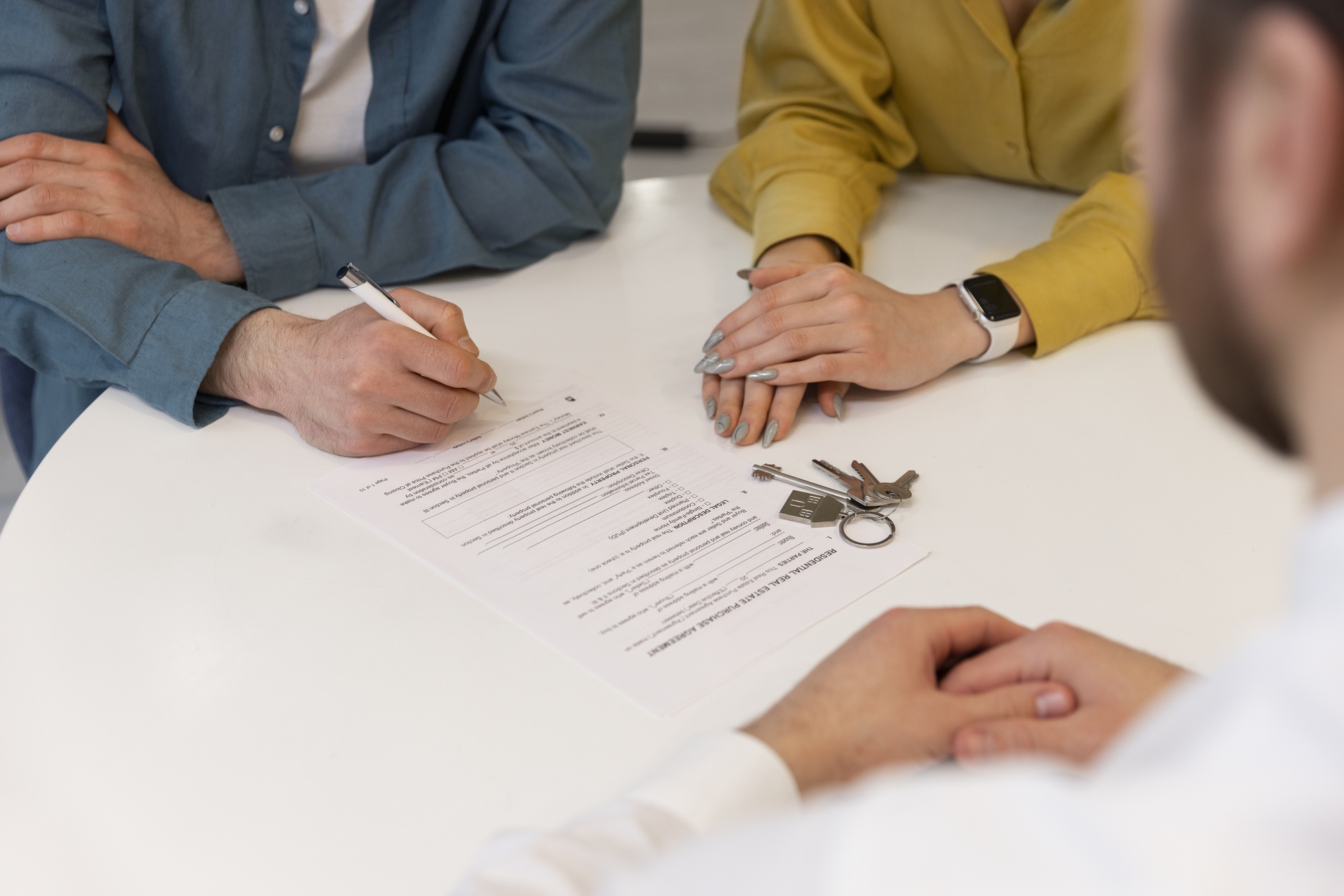
Border Force or HMRC has the right to seize any items/goods in the UK under section 139 of the Customs and Excise Management Act 1979 if they suspect that there was an evasion of duty, incorrect duty paid, bringing huge amount of cash, bringing certain restricted or banned items to the UK or if customs laws or regulations have been broken. Goods and vehicles can also be seized.
Our expert Solicitors can help you with the following
- Restoration application to HMRC or Border Force
- Condemnation proceedings at HMRC/UKBF or Magistrates Court
- Requesting a statutory review of a decision
- Submitting an appeal to the First Tier Tribunal (Tax)
Getting help:
Solicitors at Lawsmith Solicitors have extensive experience in handling seizure of goods matters. To discuss about seizure of goods matters with one of our Solicitors, please contact us on 02081295999 or email us at info@lawsmithsolicitors.co.uk, or submit our enquiry form.





